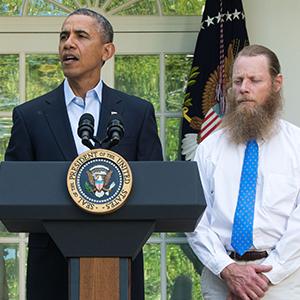I have been predicting this, especially since these polls.
Even the Washington Post has second thoughts.
Romney would hold a slight lead on President Obama if the 2012 election were replayed today, according to a new Washington Post-ABC News poll.
The poll of registered voters shows Romney at 49 percent and Obama at 45 percent in the rematch, a mirror image of Romney’s four-point (51-47) popular-vote loss in 2012.
Now, we have this.
What can I say except I told you so.
Will Romney be different from these other failed nominees? Could he defy the odds and make a comeback presidential bid capturing the GOP nomination after all the doubt, second-guessing and blame that accompany such a loss? According to the latest Quinnipiac poll, many Americans seem to think so—45 percent of voters said the United States would be better off today with Romney as president.
I donated more to the Romney campaign than I have in any other election and I was a volunteer for McCain in 2000.
I told you so. I think there is a case that the 2012 election was stolen.
The knowledge that the 1960 election was probably stolen helped Nixon in 1968. That and the failure of the Johnson Administration in Vietnam. Anyway, I have been predicting this for a while at Althouse and I can’t remember if I have posted this opinion here. Obama, with the time he has left, will make this more and more attractive. I thought we were doomed after 2012. I still think so but maybe I was wrong. The Megyn Kelly interviews with Bill Ayers might even help although she never got into the Ayers-Obama relationship.
I just hope we avoid the worst of the blowback from inept foreign policy before 2016.
More. This is amazing.
All this is weird, unprecedented. The president shows no sign—none—of being overwhelmingly concerned and anxious at his predicaments or challenges. Every president before him would have been. They’d be questioning what they’re doing wrong, changing tack. They’d be ordering frantic aides to meet and come up with what to change, how to change it, how to find find common ground not only with Congress but with the electorate.
Instead he seems disinterested, disengaged almost to the point of disembodied. He is fatalistic, passive, minimalist. He talks about hitting “singles” and “doubles” in foreign policy.
“The world seems to disappoint him,” says The New Yorker’s liberal and sympathetic editor, David Remnick.
Just weird.
